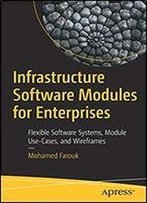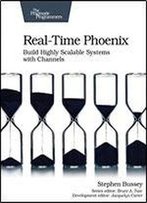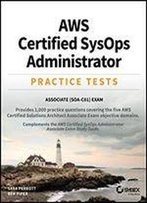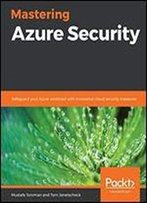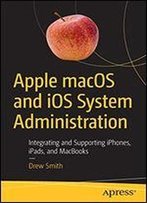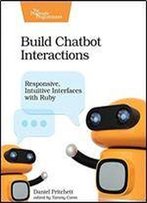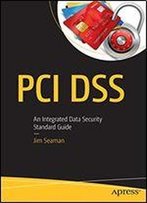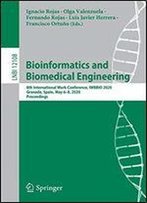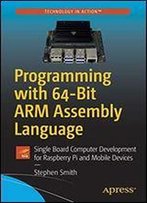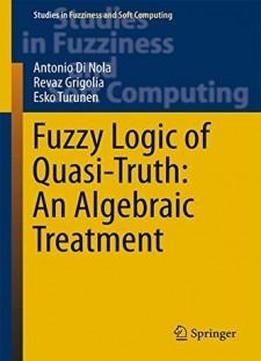
Fuzzy Logic Of Quasi-truth: An Algebraic Treatment (studies In Fuzziness And Soft Computing)
by Antonio Di Nola /
2016 / English / PDF
1.7 MB Download
This book presents the first algebraic treatment of quasi-truth
fuzzy logic and covers the algebraic foundations of many-valued
logic. It offers a comprehensive account of basic
techniques and reports on important results showing the pivotal
role played by perfect many-valued algebras (MV-algebras). It is
well known that the first-order predicate Łukasiewicz logic is
not complete with respect to the canonical set of truth
values. However, it is complete with respect to all
linearly ordered MV –algebras. As there are no simple
linearly ordered MV-algebras in this case, infinitesimal elements
of an MV-algebra are allowed to be truth values. The book
presents perfect algebras as an interesting subclass of local
MV-algebras and provides readers with the necessary knowledge and
tools for formalizing the fuzzy concept of quasi true and quasi
false. All basic concepts are introduced in detail to promote a
better understanding of the more complex ones. It is an advanced
and inspiring reference-guide for graduate students and
researchers in the field of non-classical many-valued logics.
This book presents the first algebraic treatment of quasi-truth
fuzzy logic and covers the algebraic foundations of many-valued
logic. It offers a comprehensive account of basic
techniques and reports on important results showing the pivotal
role played by perfect many-valued algebras (MV-algebras). It is
well known that the first-order predicate Łukasiewicz logic is
not complete with respect to the canonical set of truth
values. However, it is complete with respect to all
linearly ordered MV –algebras. As there are no simple
linearly ordered MV-algebras in this case, infinitesimal elements
of an MV-algebra are allowed to be truth values. The book
presents perfect algebras as an interesting subclass of local
MV-algebras and provides readers with the necessary knowledge and
tools for formalizing the fuzzy concept of quasi true and quasi
false. All basic concepts are introduced in detail to promote a
better understanding of the more complex ones. It is an advanced
and inspiring reference-guide for graduate students and
researchers in the field of non-classical many-valued logics.
